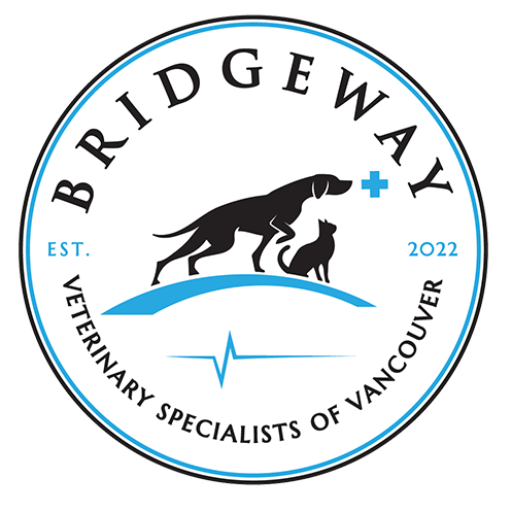What to Expect
Consultation Day
We understand that your need to visit our hospital may be an unexpected, urgent medical matter that is stressful for your pet and you as an owner. We will make every effort to minimise this stress through a combination of gentle handling of your pet, sometimes using medication to reduce your pet’s anxiety. We will clearly explain your pet’s condition to you and why we are recommending any diagnostic and surgical interventions.
Our philosophy is to operate from a perspective of “What would I do if this were my pet?” to guide us in making reasonable recommendations that are most likely to achieve the best possible outcome. We may discourage surgical intervention if we feel that the prognosis is not in the best interest of your pet and your family.
Unless your pet’s condition is an emergency or you are travelling from out of town, we try to have a consultation with you on a separate day from the surgery date, to ensure that all important diagnostic test and xray data are gathered and interpreted. We think it is important that you have time to go home and consider our recommendations and ask any further questions ahead of the surgery date. A written report will be provided to you, outlining recommendations, expected outcome, post-operative convalescence needs and duration and a detailed estimate of treatment cost.
Surgery/Procedure Day
One of our Registered Veterinary Technologists(RVT) will admit your pet, review the plan and address any questions you may have. When your pet is in recovery, the surgeon will call to provide an update on your pet and advise you of our findings.
The RVT will schedule your pet’s discharge later in the day and will go through all medications and home care instructions with you. They will also connect with you in the evening to ensure you are all settled before bedtime!
If we find anything unexpected during the procedure, we will call you during surgery to discuss how this may impact risks and prognosis.
Pain Management
Naturally, most owners are concerned about how post-operative pain will be managed for their pet. We use a multimodal approach to minimize both anxiety and pain.
Anxiety: All of our team members are “Fear Free Certified“, which means we understand the known factors in a hospital environment that create anxiety for dogs and cats, and take steps to reduce this. Most patients are given oral anti-anxiety medication at home the morning of surgery. This makes the pet more relaxed at admission.
Perioperative Pain Control Measures: We use a combination of injectable narcotics, long acting local anesthetic nerve blocks and Nonsteroidal Anti-inflammatory Drugs (NSAIDs) to minimize the inflammatory response before the surgery even starts. Local anesthetic nerve blocks reduce the amount of narcotics needed post-operatively, so the pet feels more normal and is more willing to eat.
